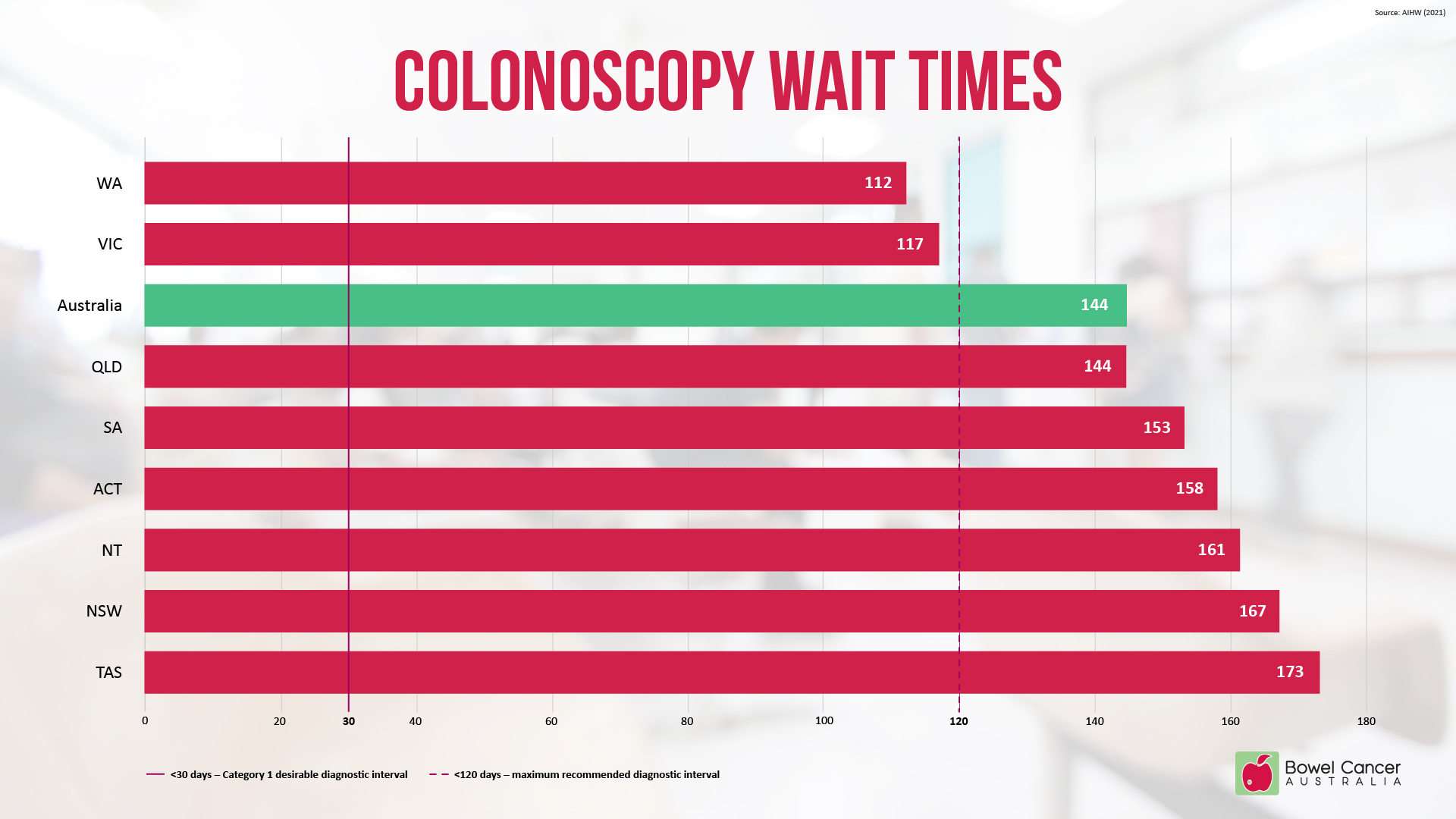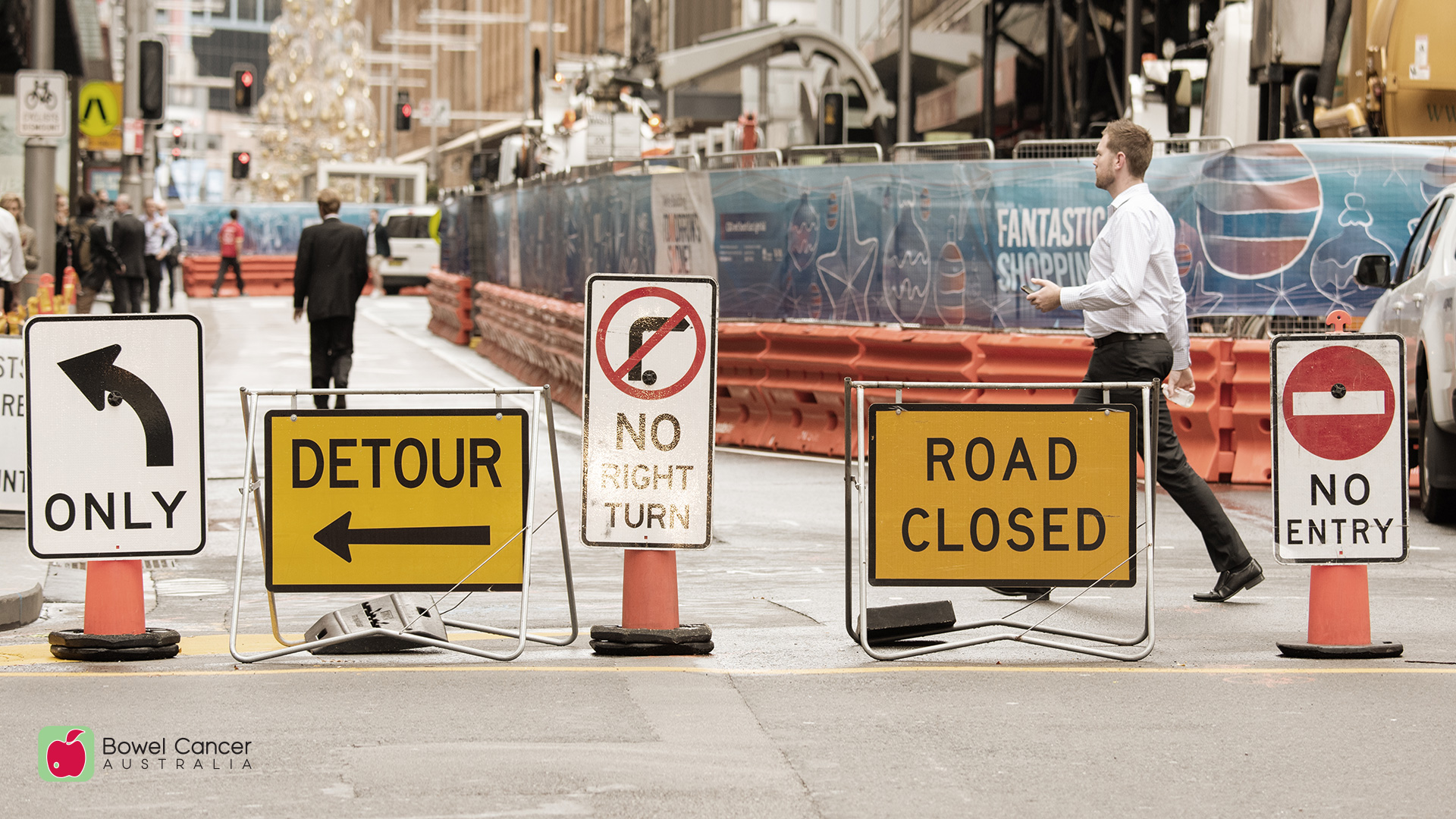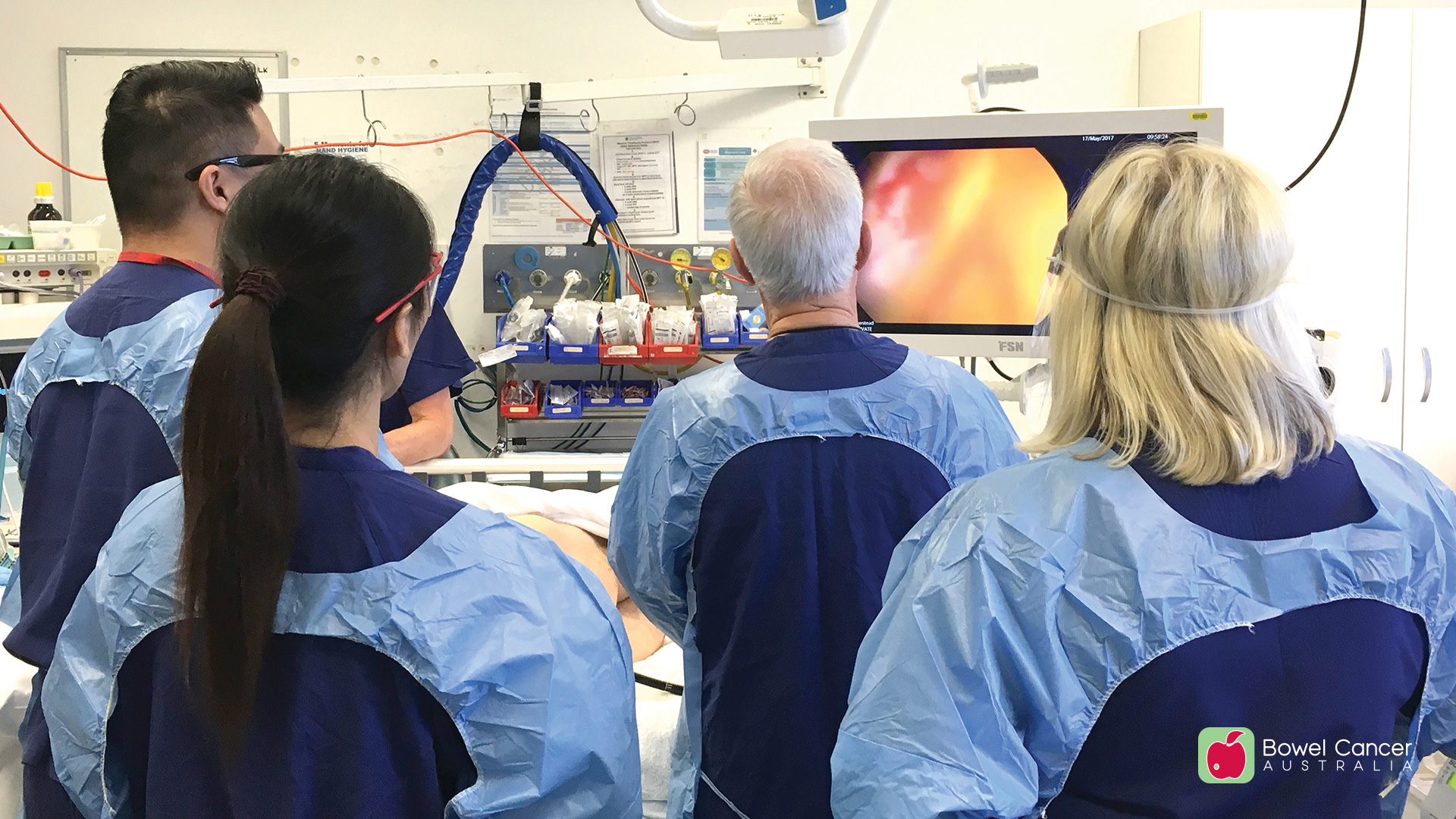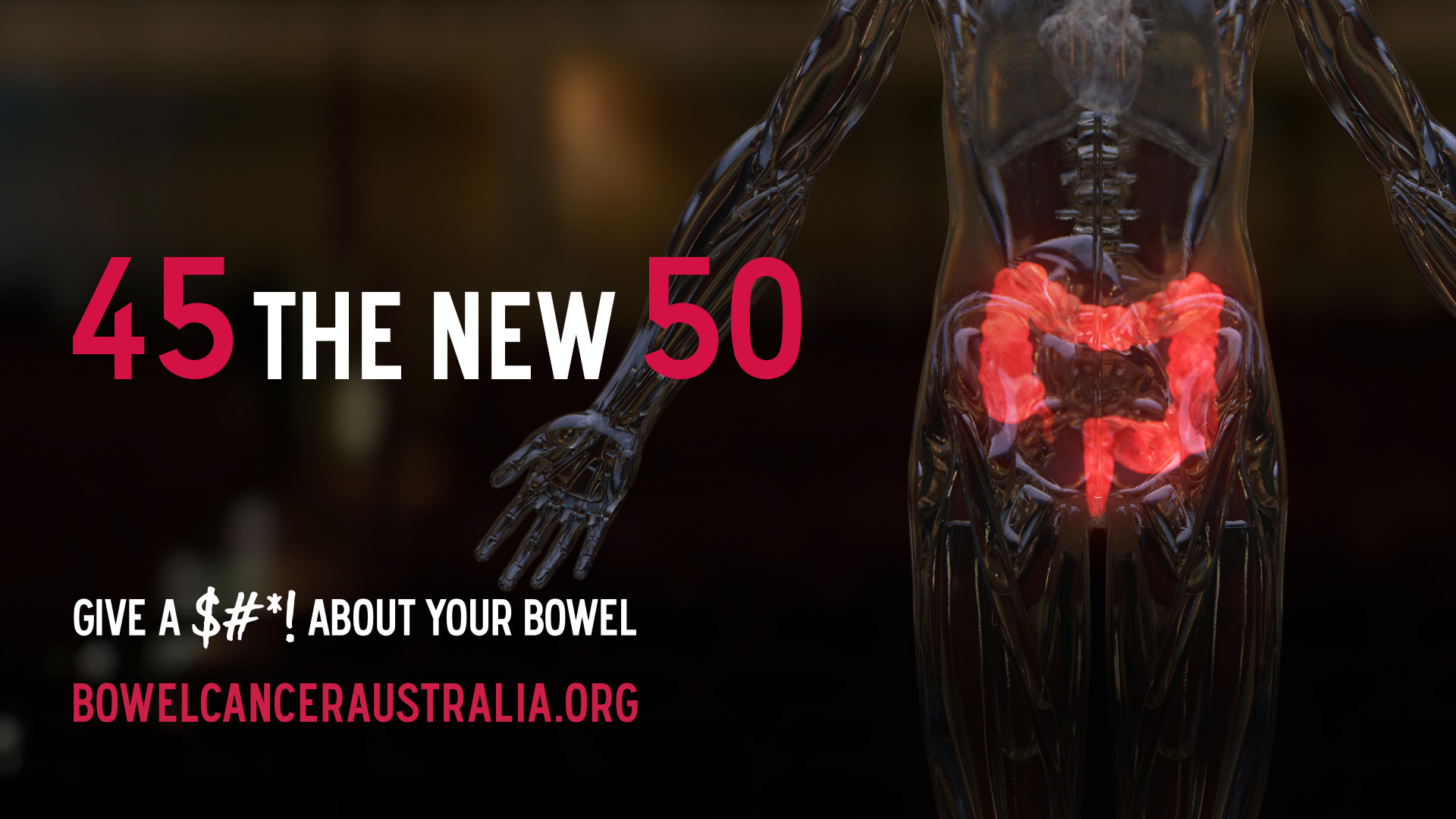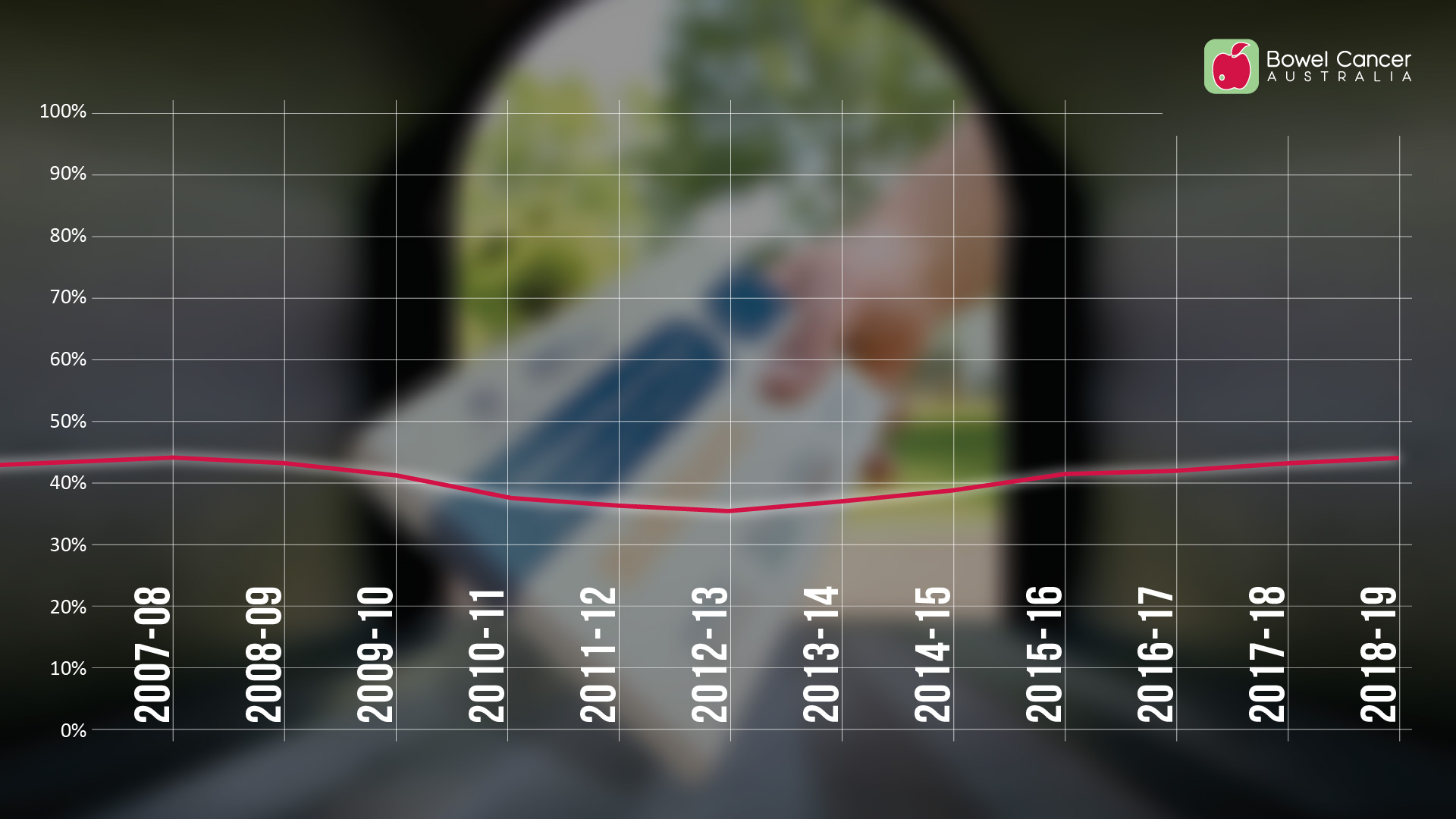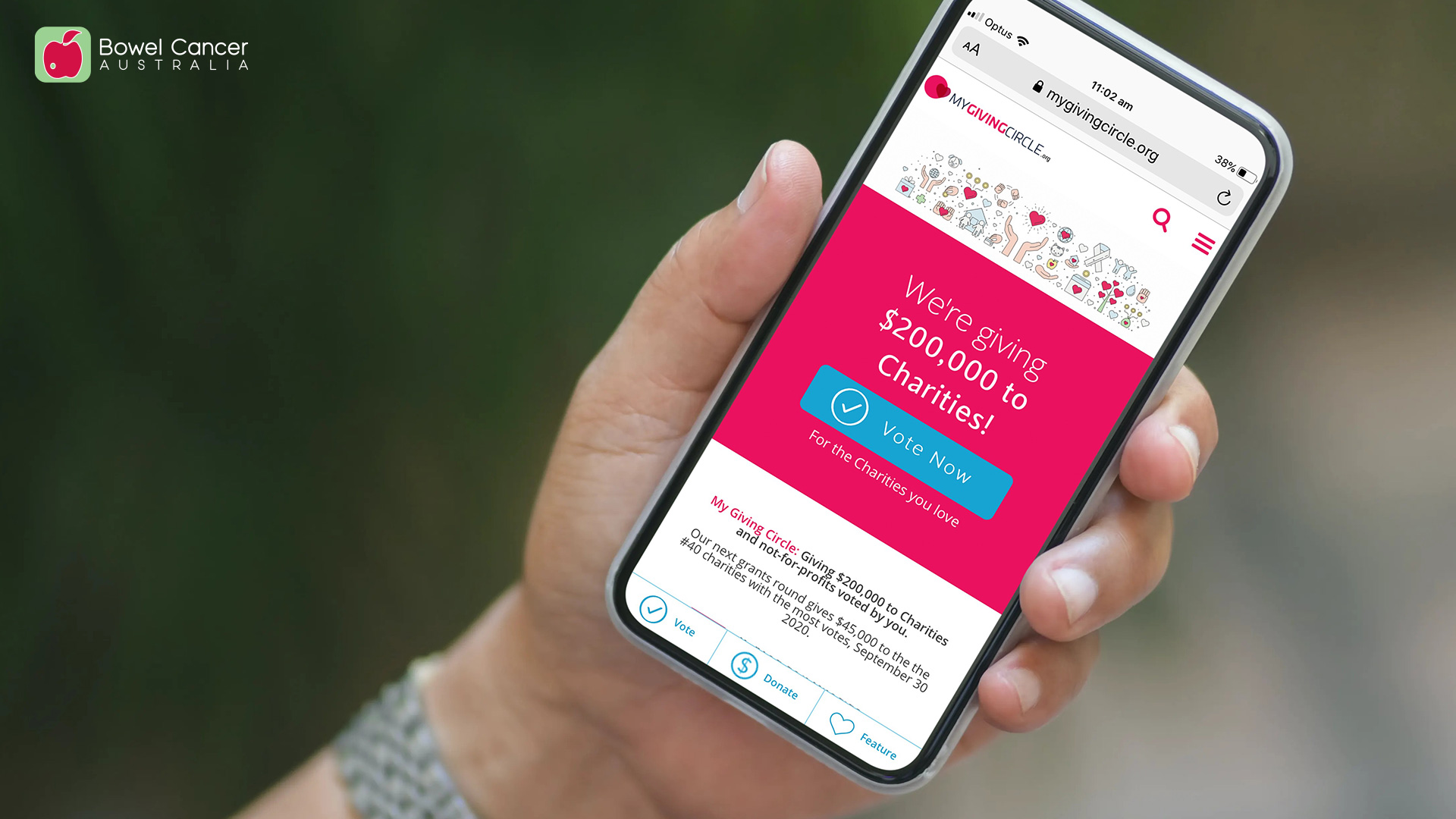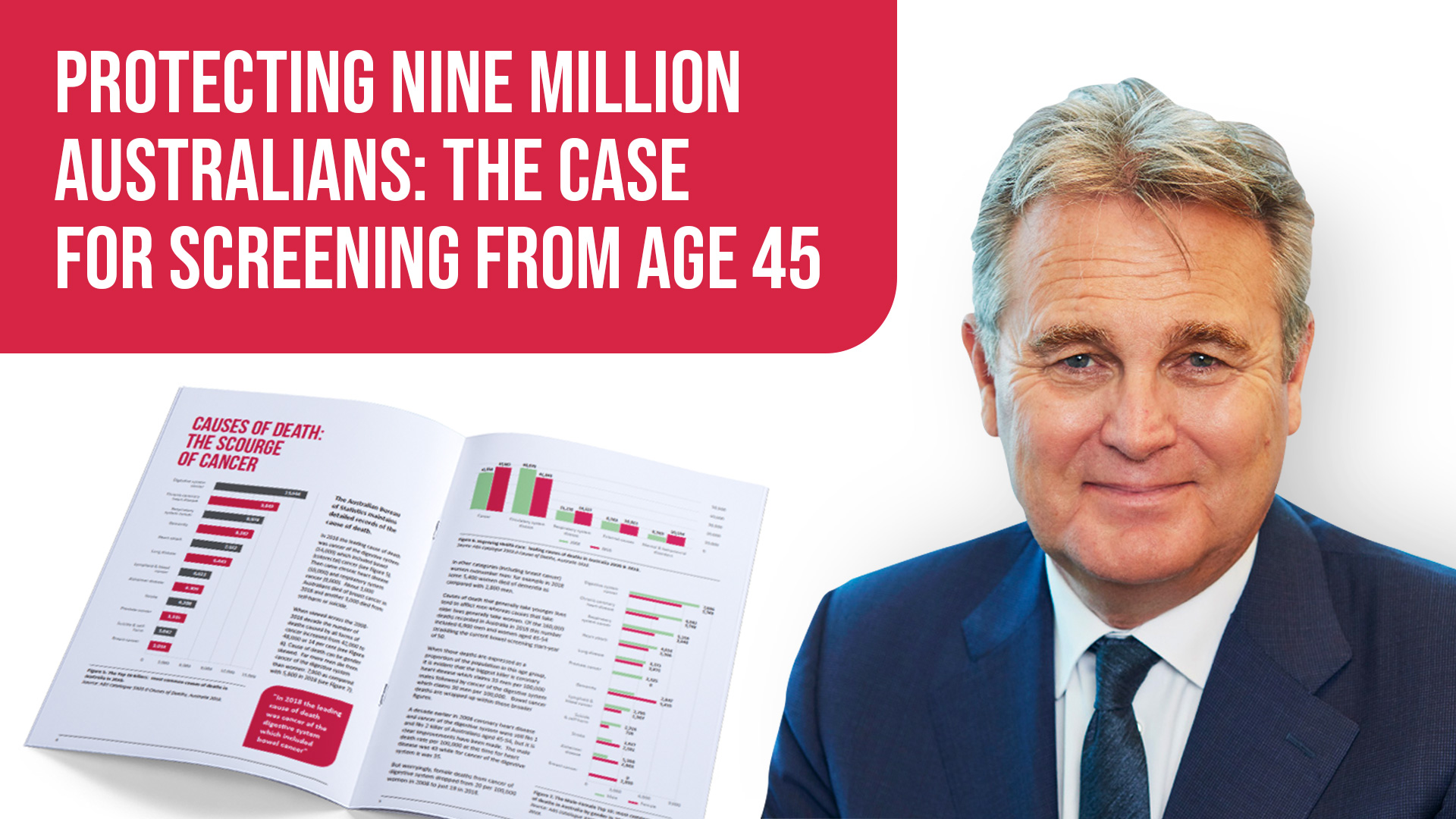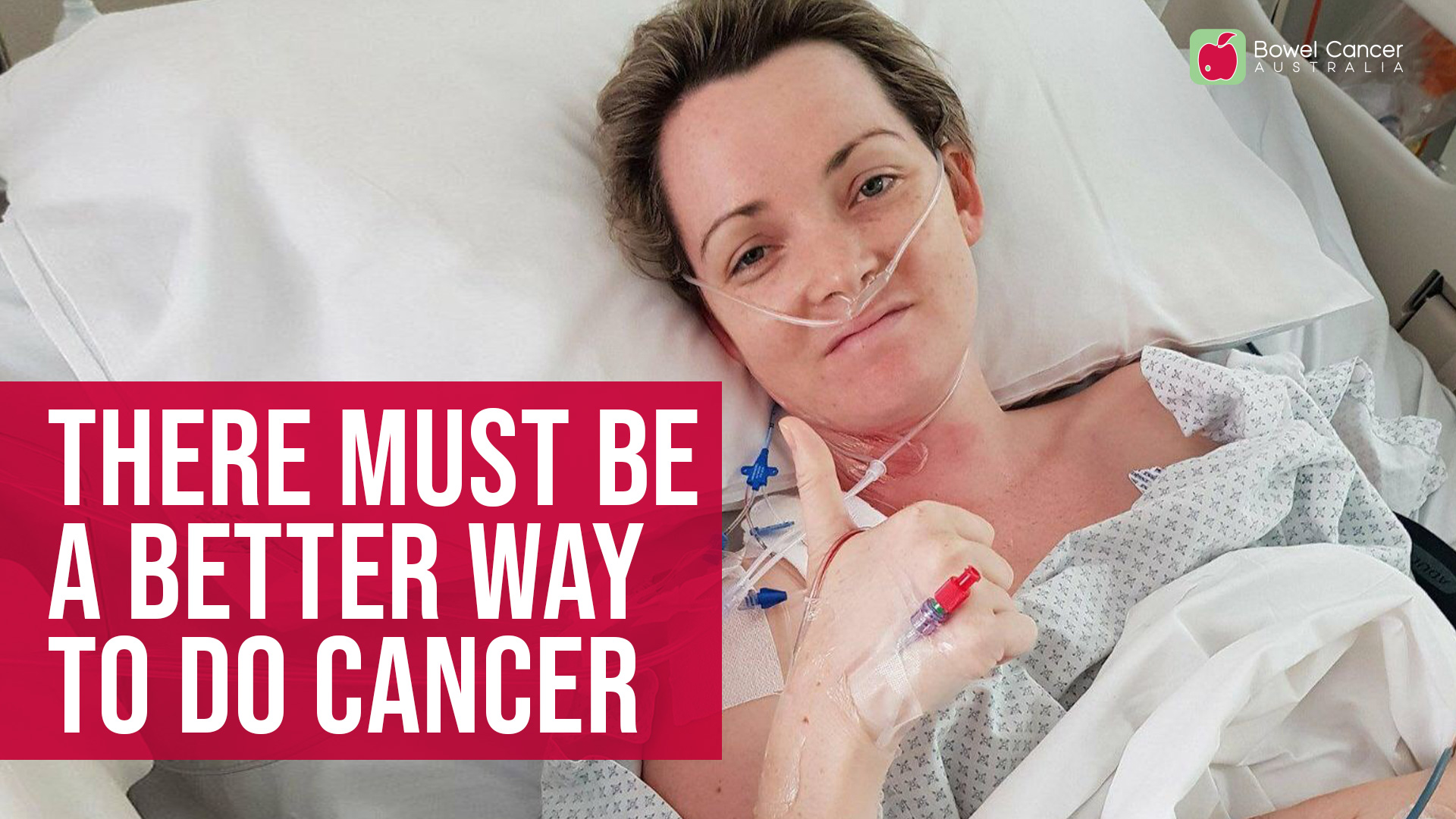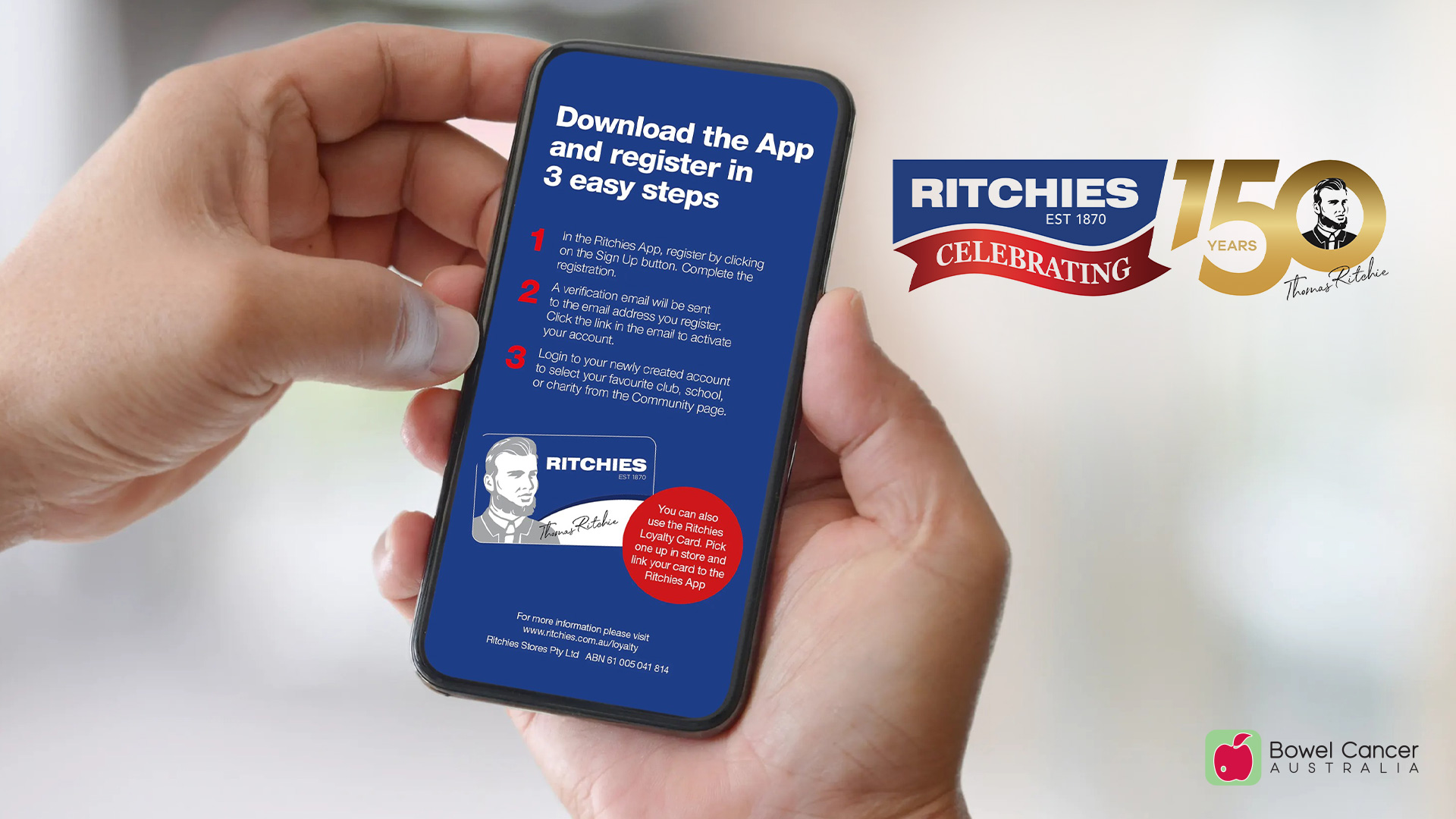Media centre

According to the report, 5.74 million people aged 50-74 were invited to participate in the NBCSP in 2018-19 but only 2.49 million took up the offer.
- Details
- Details
- Details
- Details
This year, My Giving Circle is giving $500,000 in grants to Australia’s favourite charities and not-for-profits voted by you.
Bowel Cancer Australia needs your vote to be in the running.
All you need to do is vote (for free) or donate to Bowel Cancer Australia through the My Giving Circle website.
- Details
- Details
Medical and surgical management of metastatic bowel cancer (mCRC) has improved over recent years, but treatments for mCRC patients that deliver even modest incremental life-extending benefits remain limited compared to those available for patients with other common cancers.
With just over one in ten (13.4%) mCRC patients surviving five years after diagnosis, there is a clear clinical need for new treatment options.
- Details
Bowel Cancer Australia is pleased to have been selected as a charity beneficiary of the new Ritchies Community Benefit Program.
Donating a percentage of the money spent by registered customers to their nominated charity, including Bowel cancer Australia, the Ritchies Community Benefit Program now has an App for both IOS and Android smart devices.
- Details

